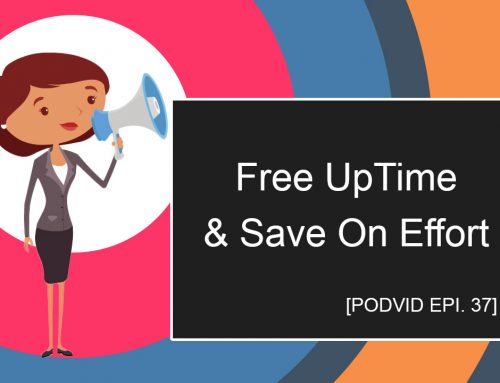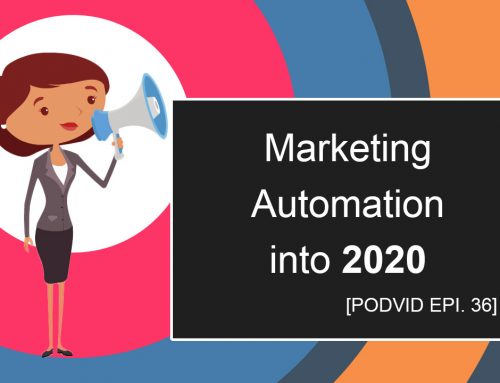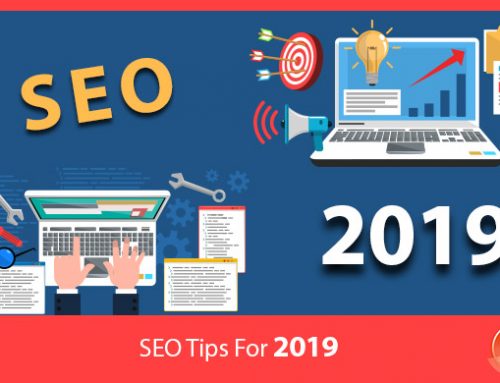SEO is search engine optimization and it means much more to a small business than its larger competitors. Use these tips to ensure you’re starting out and staying on your best foot forward.
Having a small business means some serious uphill battles, some of which you’ll lose along the way, but all of which provide much needed perspective, experience and wisdom to avoid pitfalls in future. It is difficult to determine how much time to give each task needed to ensure a business is successful, so many small businesses neglect to use SEO in their marketing practices as a way to save time. The trouble is, SEO alone is such a cornerstone of marketing your presence online that it cannot be overlooked.
Only 17% of small business owners even have an SEO strategy, and 39% don’t even bother investing into any marketing strategy at all. This means that if you incorporate SEO into your marketing strategy, you stand to gain a great deal from your competitors markets. Just having a good SEO strategy can grow your organic search traffic by more than 1000%. That’s not a typo…a THOUSAND percent, which will help you gain more sales. These tips will help you start an SEO strategy that can last without unreasonable time or money restrictions.
Promises, Promises
Any company which promises to put you on page 1 of Google’s search rankings is lying to you. The reason for this is very simple. Google spends more money than can be imagined on improving their AI and algorithms to constantly stay ahead and they’re winning at that game easily. Nobody can afford to attempt to crack their code, and most won’t try, so what works today to get rankings might be a fluke, or it could be changed with Google’s next upgrade. There is no way to guarantee page one results on Google unless you’re Google themselves. You’ll likely find a few dubious advertisements from companies promising this, but give them a pass – they’re flat out lying to you and that’s a terrible way to start a business relationship.
If you actually want to get great ranking, the only way to do that is to deliver quality. This means no keyword stuffing, or hiring hack writers from overseas on the cheap to mass produce low quality articles. It means investing in a quality writer or writing team, and discovering which keywords your niche uses that rank well. These words can be used within articles sparingly, simply to help with search results. The only way to keep yourself ahead of the game is to provide quality to people that can be seen. Content matters.
Snippets are Important
What is a snippet? A snippet is what you get when Google returns results after a search. You get a hyperlinked title, and the snippet below that. The snippet is basically a summary of the article, or anything you can think of which would encourage the person to keep reading your article. This comes from the meta-description of the page, which is automatically generated from Google. You can change and update this, so that Google isn’t deciding for you. You can make it something that shows ratings and reviews, images, links, multimedia or more, so make sure you keep that updated – which you can learn more about here.
Create an Anchor
You can tell Google what your preferred URL is for your product or service right here, which will help you reduce duplicate content on your site. If for instance, you have a self-help course on meditation, but it’s for sale on your site under, “Meditation” and also under “Self-help” at a different URL, you risk being flagged for duplicate content with Google. If your one product is only found at one URL, it reduces the risk of being flagged, and it tells Google without question that this is the URL you intended people to arrive at when they click on your link. You can also use a 301 redirect to send people to a single link using your anchored URL.
Old News
Nobody likes to read old news, it’s in the past and most of us already knew about it. Google knows this, and they strike out stale content regularly. This can be a problem if someone else has shared one of your articles or links, and gets nowhere when it is clicked on because it was considered a stale link. This can happen when a page decides to change a permalink, which affects all links which came prior to that change, and can drop traffic up to 30%. Google has a crawl errors report that you can use which will help you find your links that lead to a dead page. This will enable you to redirect them as soon as possible and avoid the nasty 404 Not Found message. Keep a spreadsheet of your links using this report and check them regularly to ensure they don’t die, and if they do – to redirect them as soon as possible.
Forever Isn’t So Long
In the digital world, things change on a moment to moment basis, and keeping up can be difficult with that sort of hectic pace, but solid SEO strategies last the test of time, and are also helping to ensure that people are always putting best practices forward, which cannot help but be noticed by Google. The key to SEO is to provide good quality content, and solid marketing strategy to put your name and face out there.
Google loves being associated with high quality content, so if you keep providing it and your marketing team gives you exposure, Google will certainly see, and results will show.




![Do you know BERT? [Google SEO]](https://magiwebsa.com/wp-content/uploads/2019/11/podvid-epi35-cover-500x383.jpg)

